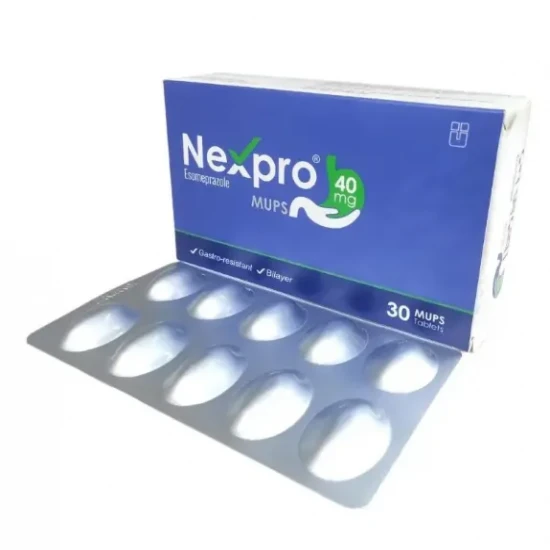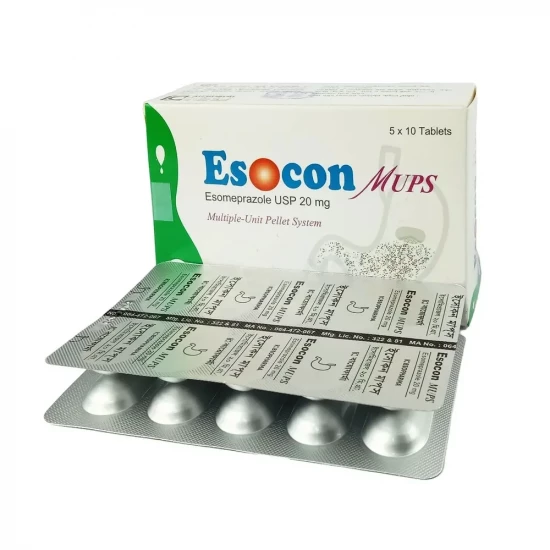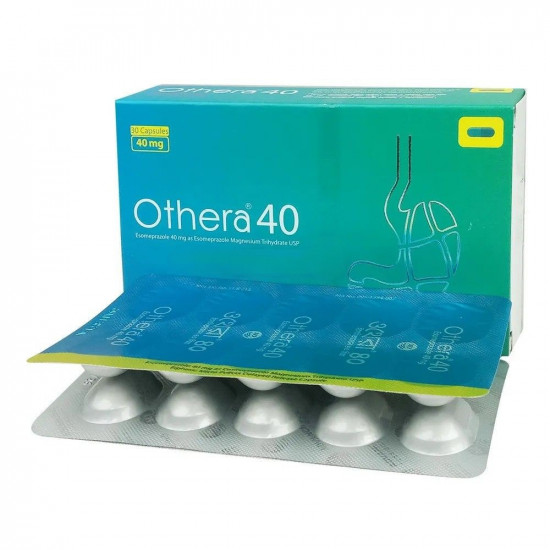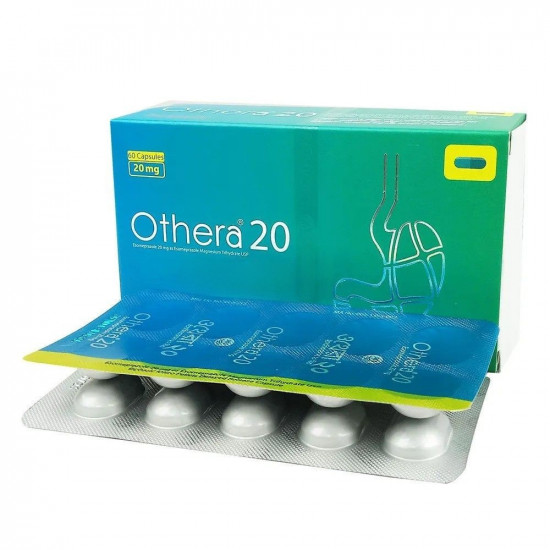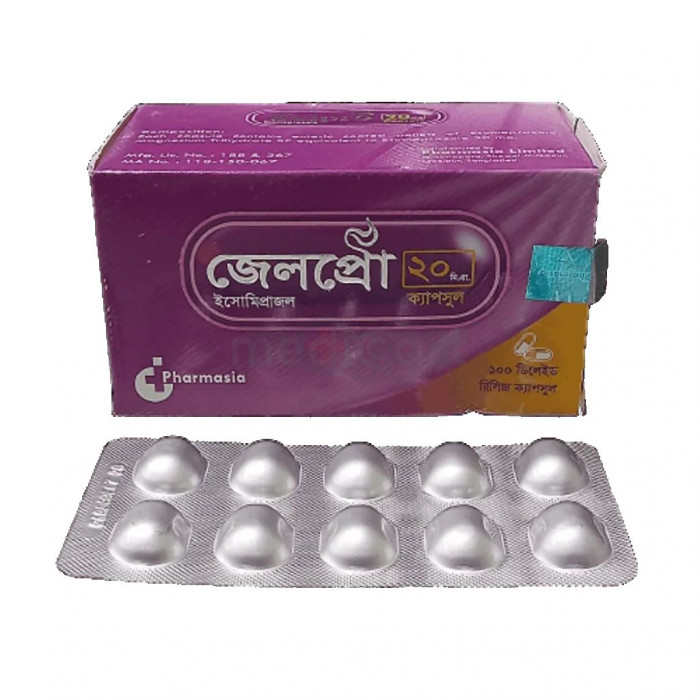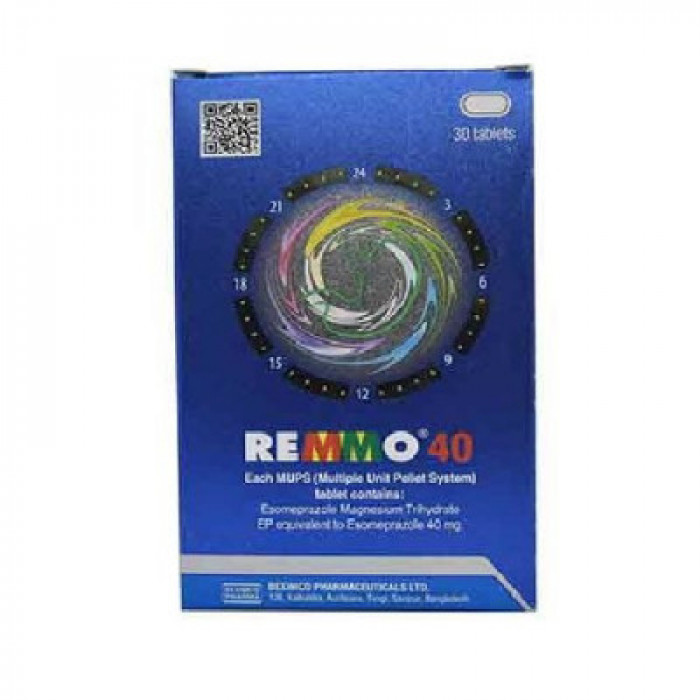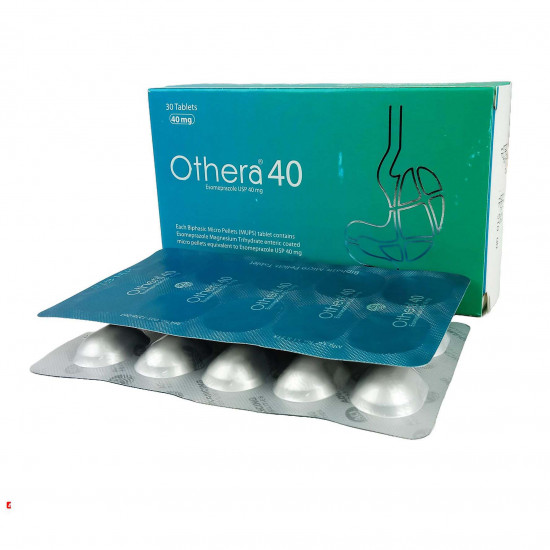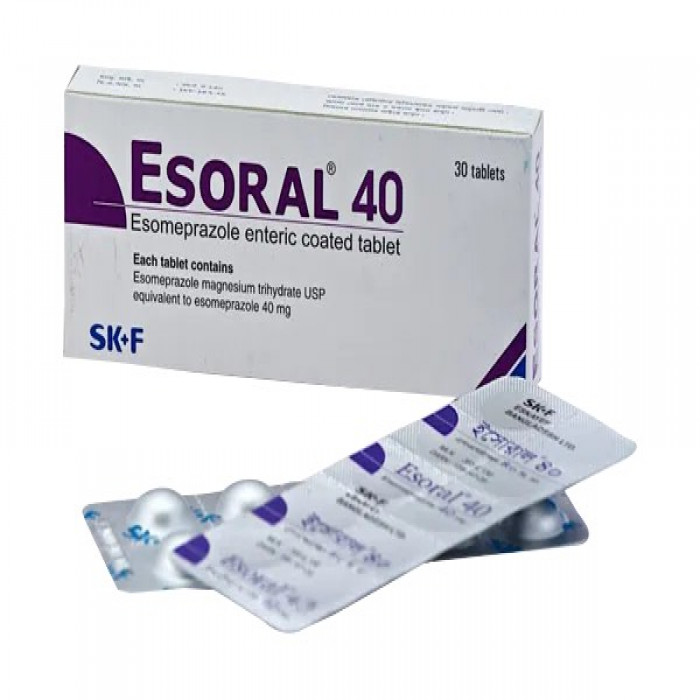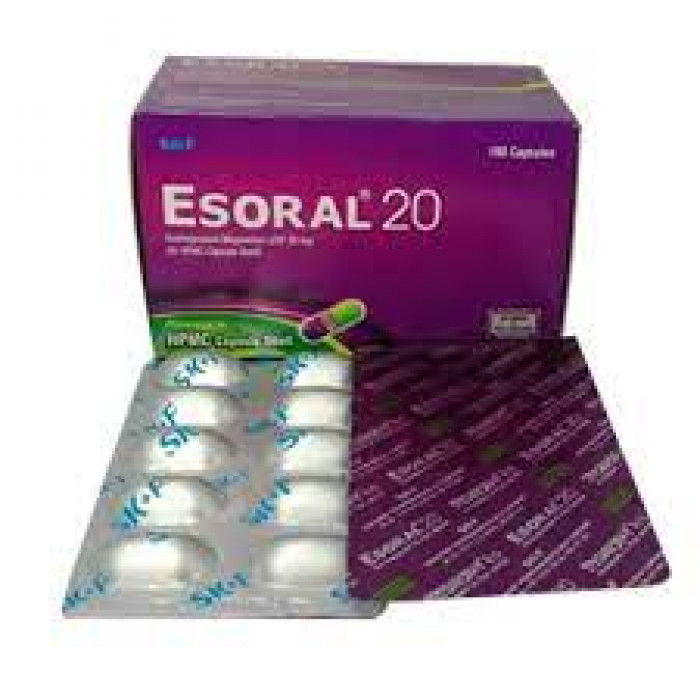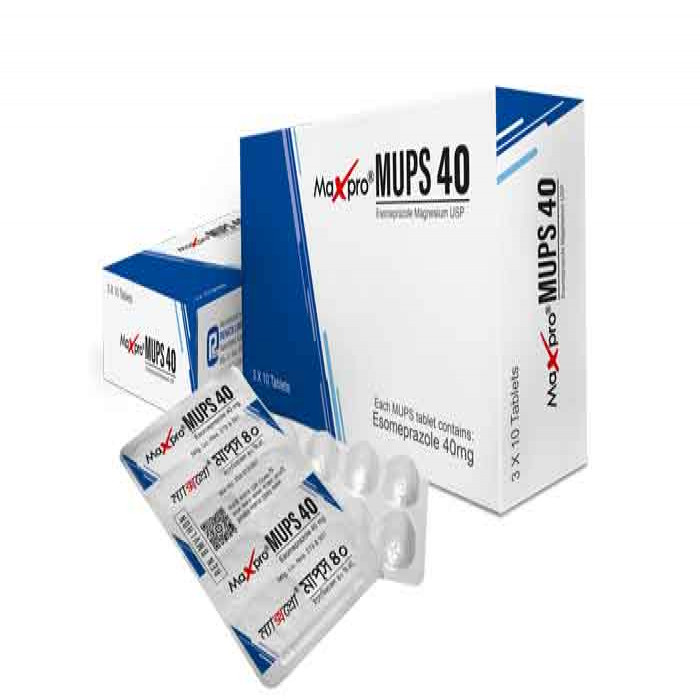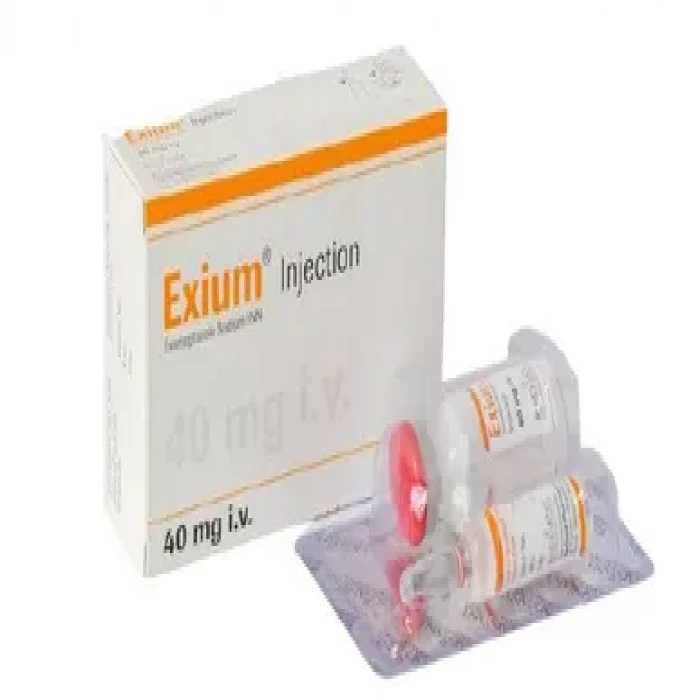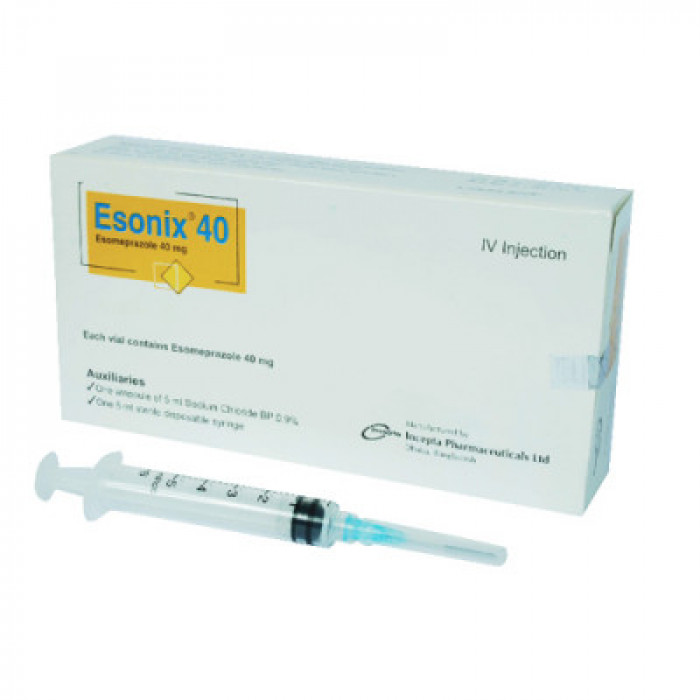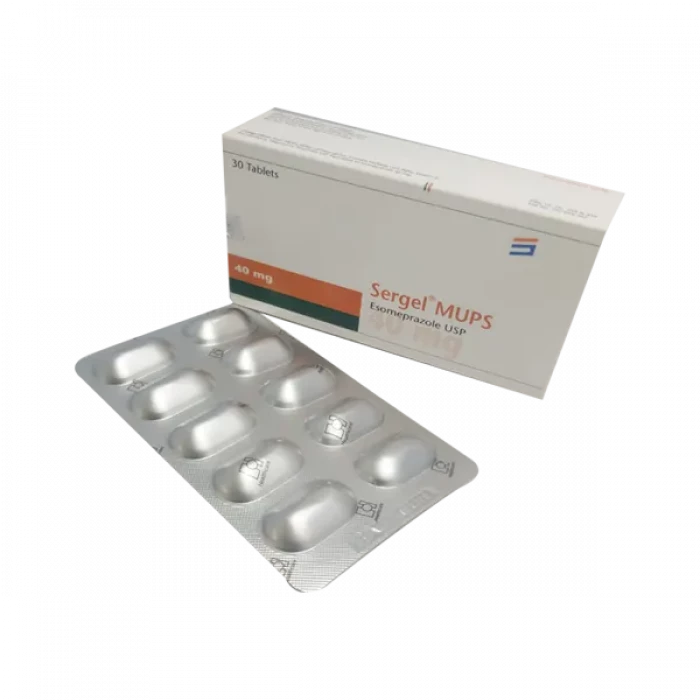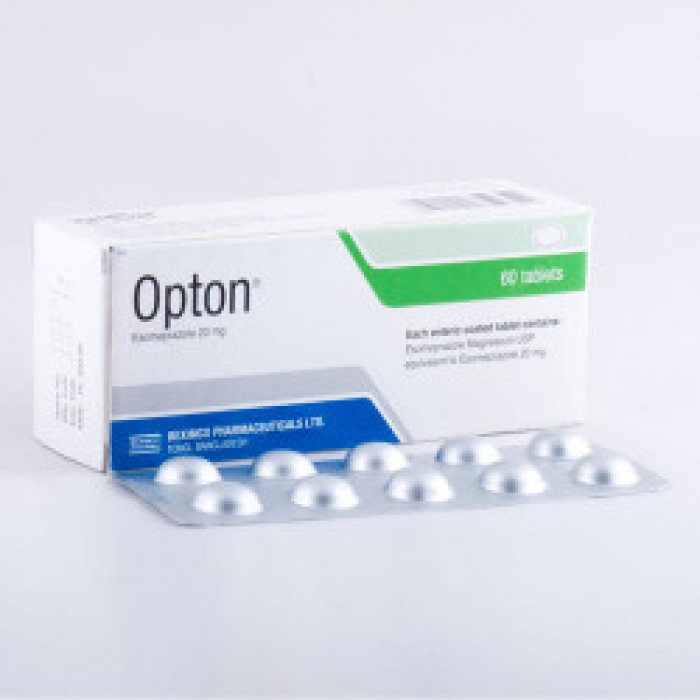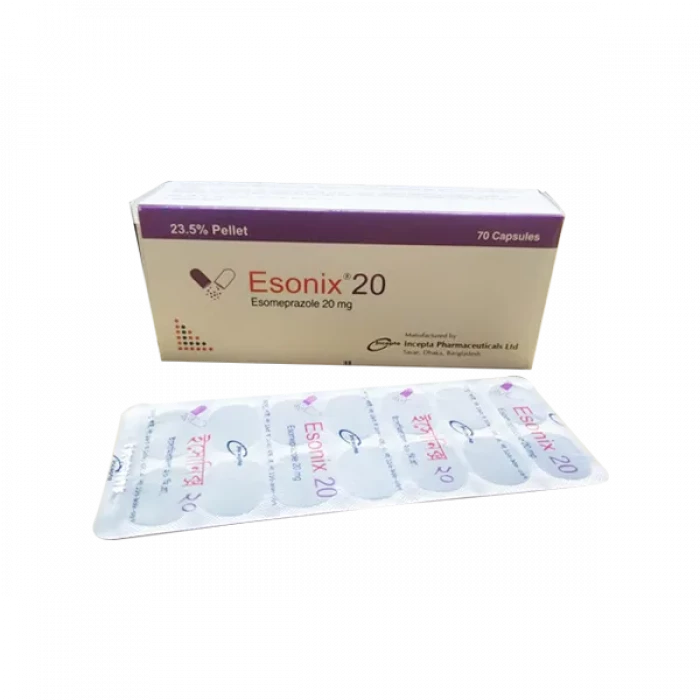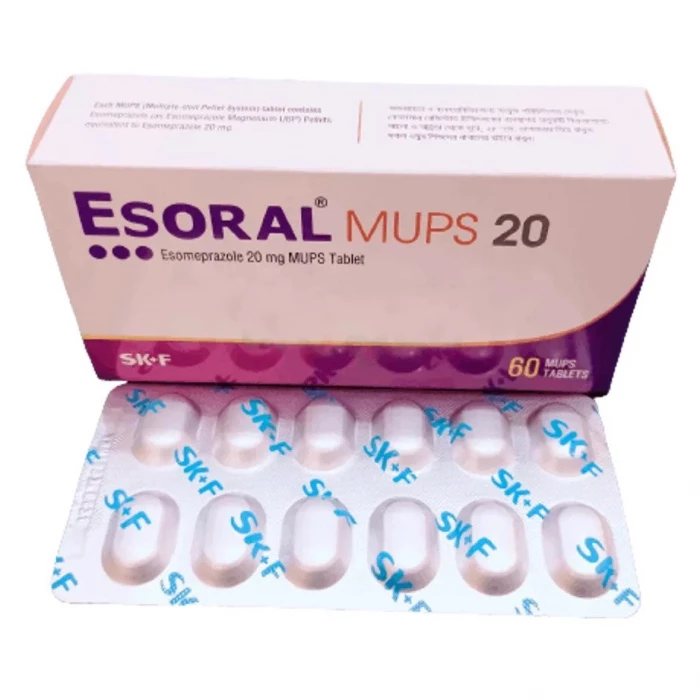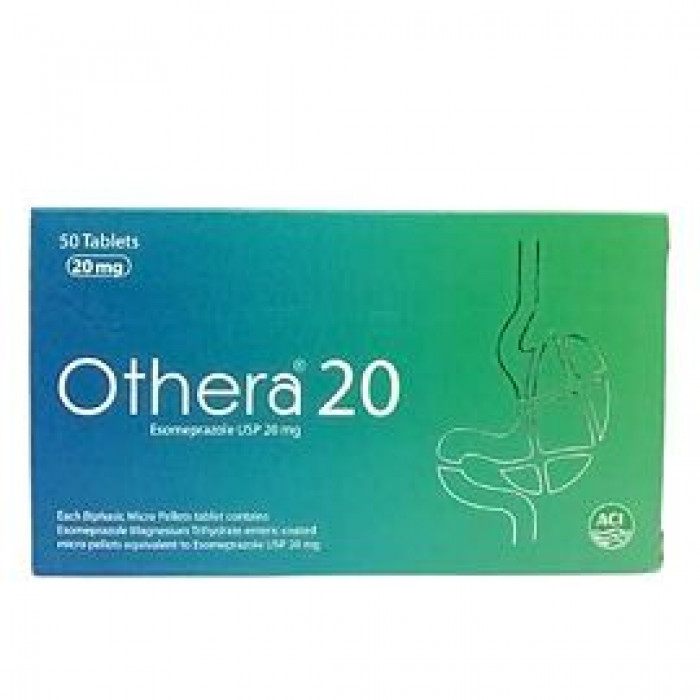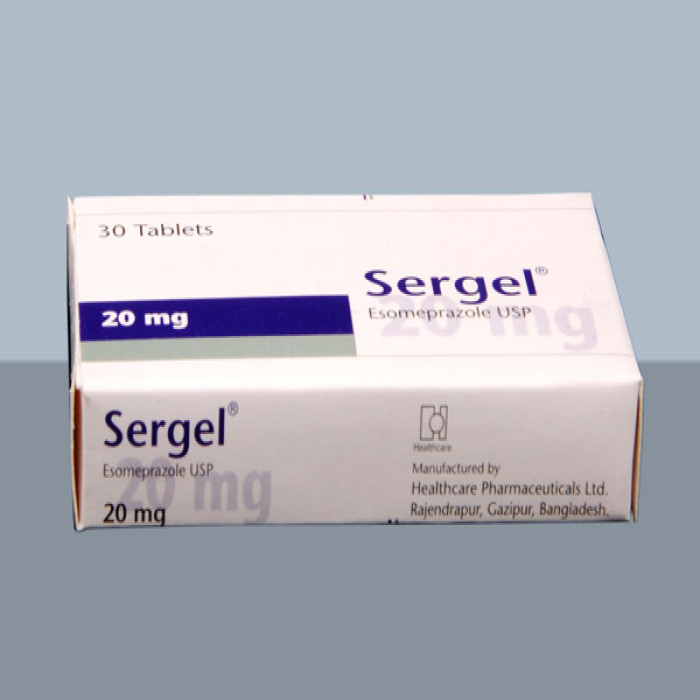
✔ 100% Authentic Product
👁️ Currently Viewing 11337
Sergel 20mg Tablet
Sergel 20 is a drug that reduces the amount of acid produced in the stomach. Used to treat heartburn, heartburn, and esophageal problems. It is also used to prevent and treat stomach ulcers.
Discount
Price: ৳ 67
MRP:
৳
70
5%
Off

100% Genuine Products, Guaranteed

Safe & Secure Payments, Always

Fast, Secure & Efficient Delivery

Proper Packaging
 Cash on Delivery - All over Bangladesh
Cash on Delivery - All over Bangladesh Regular Delivery - 12-24 Hours, Dhaka City* Charge Tk.39-59
Regular Delivery - 12-24 Hours, Dhaka City* Charge Tk.39-59 Regular Delivery - 24-48 Hours, Other Cities* Charge Tk.99-110
Regular Delivery - 24-48 Hours, Other Cities* Charge Tk.99-110
🌙 রমযান অফার 🌙
 ফ্রি ডেলিভারিঃ - ৭৯৯ টাকা+ অর্ডারে, ঢাকা
শহরে
ফ্রি ডেলিভারিঃ - ৭৯৯ টাকা+ অর্ডারে, ঢাকা
শহরে ফ্রি ডেলিভারিঃ - ২৭৯৯ টাকা+ অর্ডারে, ঢাকার
বাহিরে
ফ্রি ডেলিভারিঃ - ২৭৯৯ টাকা+ অর্ডারে, ঢাকার
বাহিরে
📲 মোবাইল অ্যাপ অর্ডারে সাশ্রয় বেশী
-
Google Play Store থেকে ডাউনলোড
-
Apple Store থেকে ডাউনলোড
100% Genuine Products, Guaranteed
Safe & Secure Payments, Always
Fast, Secure & Efficient Delivery
Proper Packaging
 Cash on Delivery - All over Bangladesh
Cash on Delivery - All over Bangladesh Regular Delivery - 12-24 Hours, Dhaka City* Charge Tk.39-59
Regular Delivery - 12-24 Hours, Dhaka City* Charge Tk.39-59 Regular Delivery - 24-48 Hours, Other Cities* Charge Tk.99-110
Regular Delivery - 24-48 Hours, Other Cities* Charge Tk.99-110 ফ্রি ডেলিভারিঃ - ৭৯৯ টাকা+ অর্ডারে, ঢাকা
শহরে
ফ্রি ডেলিভারিঃ - ৭৯৯ টাকা+ অর্ডারে, ঢাকা
শহরে ফ্রি ডেলিভারিঃ - ২৭৯৯ টাকা+ অর্ডারে, ঢাকার
বাহিরে
ফ্রি ডেলিভারিঃ - ২৭৯৯ টাকা+ অর্ডারে, ঢাকার
বাহিরে- Google Play Store থেকে ডাউনলোড
- Apple Store থেকে ডাউনলোড
🌙 রমযান অফার 🌙
📲 মোবাইল অ্যাপ অর্ডারে সাশ্রয় বেশী
✅ Description:
A medication called Sergel 20 lowers the amount of acid your stomach produces. Heartburn, acid reflux, and issues with your food pipe are all treated with it. Stomach ulcers can also be prevented and treated with them. As directed by your doctor, take Sergel 20.
Safety Advices

Alcohol
CAUTION
Caution is advised when consuming alcohol with Sergel 20. Please consult your doctor.

Pregnancy
CONSULT YOUR DOCTOR
Sergel 20 may be unsafe to use during pregnancy. Although there are limited studies in humans, animal studies have shown harmful effects on the developing baby. Your doctor will weigh the benefits and any potential risks before prescribing it to you. Please consult your doctor.

Breastfeeding
CONSULT YOUR DOCTOR
Sergel 20 is probably unsafe to use during breastfeeding. Limited human data suggests that the drug may pass into the breastmilk and harm the baby.

Driving
CONSULT YOUR DOCTOR
It is not known whether Sergel 20 alters the ability to drive. Do not drive if you experience any symptoms that affect your ability to concentrate and react.

Kidney
SAFE IF PRESCRIBED
Sergel 20 is safe to use in patients with kidney disease. No dose adjustment of Sergel 20 is recommended. However, inform your doctor if you have any kidney disease.

Liver
CAUTION
Sergel 20 should be used with caution in patients with severe liver disease. Dose adjustment of Sergel 20 may be needed. Please consult your doctor.
✔️ Uses of Sergel 20
- Gastroesophageal reflux disease (Acid reflux)
- Peptic ulcer disease
✔️ How to use Sergel 20
Take this medicine in the dose and duration as advised by your doctor. Swallow it as a whole. Do not chew, crush or break it. Sergel 20 is to be taken empty stomach.
✔️ How Sergel 20 works
Sergel 20 is a proton pump inhibitor (PPI). It works by reducing the amount of acid in the stomach which helps in the relief of acid-related indigestion and heartburn.
✔️ What if you forget to take Sergel 20?
If you miss a dose of Sergel 20, take it as soon as possible. However, if it is almost time for your next dose, skip the missed dose and go back to your regular schedule. Do not double the dose.
✔️ Side Effects of Sergel 20
- Headache
- Dizziness
- Dryness in mouth
- Nausea
- Abdominal pain
- Constipation
- Flatulence
- Diarrhea
✔️ Quick Suggestions:
- It is a well-tolerated drug and provides long-term relief.
- Avoid eating late at night or before bedtime.
- Call your doctor if you have watery diarrhea, fever, or abdominal pain that doesn't go away.
- Long-term use of Sergel 20 can lead to weak bones and deficiencies of minerals such as magnesium. Consume enough calcium and magnesium, or supplements, as directed by your doctor.
- Call your doctor right away if you experience decreased urination, edema (swelling due to fluid accumulation), back pain,
✔️ Indications of Sergel 20 Tablet
Esomeprazole is prescribed to treat chronic heartburn and other GERD symptoms.
- To treat erosive esophagitis,
- Sustain healing of erosive esophagitis
- It is used in combination with amoxicillin and clarithromycin to eradicate Helicobacter pylori infection in patients with duodenal ulcers.
- Zollinger-Ellison syndrome
✔️ Pharmacology of Sergel 20 Tablet
Esomeprazole is a proton pump inhibitor that inhibits the H+/K+-ATPase in the gastric parietal cell, suppressing gastric acid output. The first single optical isomer of a proton pump inhibitor, esomeprazole (S-isomer of omeprazole), provides superior acid control than racemic proton pump inhibitors.
Esomeprazole capsules contain an enteric-coated pellet version of esomeprazole magnesium for improved absorption. Peak plasma levels (Cmax) occur roughly 1.5 hours after oral dosing (Tmax). When the dose is increased, the Cmax increases correspondingly, and the area under the plasma concentration-time curve (AUC) increases thrice from 20 to 40 mg. The systemic bioavailability with repeated once-daily doses is around 90%, compared to 64% after a single dose. When compared to fasting conditions, the AUC following a single dosage of esomeprazole is reduced by 33-53 percent after food ingestion. At least one hour before meals, esomeprazole should be consumed.
Esomeprazole binds to plasma proteins 97 percent of the time. Over a concentration range of 2 20 mmol/L, plasma protein binding remains constant. In healthy volunteers, the apparent volume of distribution at a steady state is around 16 L.
Esomeprazole is extensively processed by the cytochrome P450 (CYP) enzyme system in the liver. Esomeprazole's metabolites have no anti-secretory properties. The CYP2C19 isoenzyme, which creates the hydroxy and desmethyl metabolites, is responsible for the majority of esomeprazole metabolism. The sulphone metabolite is formed by CYP3A4, which is responsible for the remaining proportion.
✔️ Dosage & Administration of Sergel 20 Tablet
Healing of Erosive Esophagitis:
- 20 mg or 40 mg Once Daily for 4-8 Weeks. The majority of patients are healed within 4 to 8 weeks. For patients who don't heal after 4-8 weeks, an additional 4-8 weeks of treatment may be considered. Maintenance of Healing of Erosive
Acid-related Dyspepsia:
- 20-40 mg once daily for 2-4 weeks according to the response.
Esophagitis:
- 20 mg Once Daily (Clinical studies did not extend 6 months).
Symptomatic GERD:
- 20 mg Once Daily for 4 Weeks. If symptoms do not resolve completely after 4 weeks, an additional 4 weeks of treatment may be considered.
Helicobacter Pylori eradication:
- Triple Therapy to reduce the risk of Duodenal Ulcer recurrence-Esomeprazole 40 mg Once Daily for 10 days, Amoxicillin 1000 mg Twice Daily for 10 days, and Clarithromycin 500 mg Twice Daily for 10 days.
Zollinger-Ellison Syndrome:
- The dose is 20-80 mg once daily. The dosage should be adjusted individually and treatment continued as long as clinically indicated.
Duodenal Ulcer:
- 20 mg once daily for 2-4 weeks. Gastric ulcer: 20-40 mg once daily for 4-8 weeks.
✔️ Interaction of Sergel 20 Tablet
CYP2C19 and CYP3A4 substantially metabolize esomeprazole in the liver. Esomeprazole does not appear to inhibit CYPs 1A2, 2A6, 2C9, 2D6, 2E1, or 3A4 in vitro or in vivo investigations. There should be no clinically significant interactions with medicines processed by these CYP enzymes. Esomeprazole has no clinically significant interactions with phenytoin, warfarin, quinidine, clarithromycin, or amoxicillin, according to drug interaction studies.
Esomeprazole may be mixed with CYP2C19, the major metabolizing protein of esomeprazole. Co-administration of esomeprazole 30 mg and the CYP2C19 substrate diazepam reduced diazepam clearance by 45%. Elevated plasma levels of diazepam were observed 12 hours after his administration and thereafter. Esomeprazole inhibits corrosive gastric emptying. Esomeprazole may then interfere with the retention of drugs (ketoconazole, compressed salts, digoxin, etc.) for which gastric pH is an important determinant of bioavailability. Oral contraceptives, diazepam, phenytoin, or quinidine do not appear to affect the pharmacokinetic profile of esomeprazole.
Clarithromycin in combination therapy:
Concomitant use of esomeprazole, clarithromycin, and amoxicillin increases plasma levels of esomeprazole and 14-hydroxy clarithromycin.
✔️ Contraindications
In patients who have a history of hypersensitivity to any of the formulations, esomeprazole is not recommended.
✔️ Pregnancy & Lactation
In pregnant women, there are no sufficient and well-controlled trials. No teratogenic effects have been found in animal investigations. Esomeprazole excretion in milk has not been studied. If the use of esomeprazole is thought necessary, breastfeeding should be terminated.
✔️ Precautions & Warnings
- Esomeprazole pills should be taken at least one hour before meals,
- Diarrhea can be a sign of a new infection. Call your doctor if you have watery or bloody diarrhea.
- Esomeprazole may cause new or worsening symptoms of lupus. See your doctor if you have joint pain or a rash on your cheeks or arms that is made worse by the sun.
- Taking esomeprazole for a long time or more than once a day increases the chance of fractures.
✔️ Storage Conditions
Store in a dry area at a temperature of not more than 30°C. Light and dampness should be avoided. Keep out of children's reach.
⚠️Disclaimer:
At ePharma, we’re committed to providing accurate and accessible health information. However, all content is intended for informational purposes only and should not replace medical advice from a qualified physician. Please consult your healthcare provider for personalized guidance. We aim to support, not substitute, the doctor-patient relationship.




